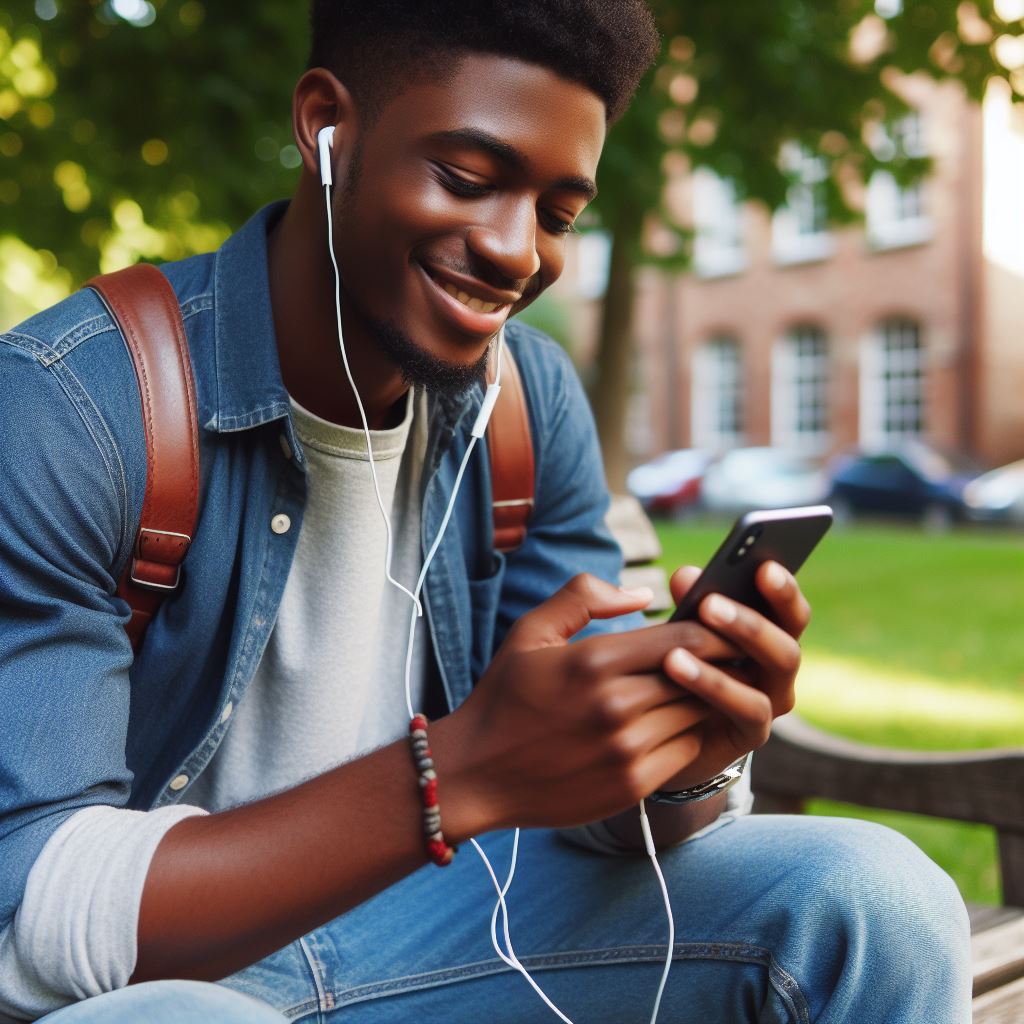Smartphones have become an integral part of our lives. From this little device, we run our businesses, go to school, do our banking, get entertainment, and even conduct our dating lives. Such a miniature device has become the cornerstone of our digital existence; it is the gateway to our cyberspace.
Given smartphones’ critical function in our lives, we must exercise a high level of security. There are various ways to go about it; the basic ones include:
- Having a strong screen lock passcode
- Having a reputable antivirus and antimalware application
- Keeping your apps updated regularly
iPhone App Lock
This article will delve into the details of locking up certain apps on your iPhone. You can have several apps on your iPhone, but you would bump up the level of access restriction on certain apps.
Typically these are critical apps such as your banking app, work apps, or any other app you consider quite sensitive. Luckily, if you are an iPhone user, Apple did bake in a nifty feature inside the iOS – App Lock – that does a fine job of adding an additional layer of access restriction.
Lock Apps using Face ID or Touch ID
With the App Lock you can now lock and hide any app, and prevent access to them using Face ID or Touch ID. To use this feature, simply launch the app, and you will see a list of all the apps installed on your iPhone or iPad.
Then select the apps you would like to lock up. The apps you select to lock up, will be completely unavailable in the mainstream interface of your iPhone or iPad. It will be like you never even installed them in the first place.
To unlock or unhide the apps, you will first need to open the App Lock using either your Face ID or Touch ID to be able to use the given app.
Reasons for using App Lock
- Privacy: Certain apps may contain sensitive information such as personal messages, emails, financial data, or private photos. Locking these apps adds an extra layer of security to prevent unauthorized access.
- Parental Control: Parents may want to restrict access to certain apps on their child’s smartphone to control their screen time, limit access to inappropriate content, or prevent them from making unauthorized purchases.
- Work-Life Balance: Some individuals may want to separate their work and personal life by locking work-related apps during personal time to avoid distractions or maintain boundaries.
- Security: Locking apps can prevent unauthorized access in case the phone is lost or stolen, reducing the risk of personal data being compromised.
- Preventing Accidental Access: Locking apps can prevent accidental access or changes to settings, especially on shared devices.
- Sensitive Information: Apps such as banking or investment apps may contain sensitive financial information that users want to protect from unauthorized access.
- Confidentiality: People may want to keep certain conversations or information confidential, such as messages or documents, by locking the corresponding apps.
The only downside to App Lock is that to use the full capacity of the app, you need to pay for the premium package. However, once you pay the premium fee, you will have powerful tool to control access to apps on your iPhone or iPad.



